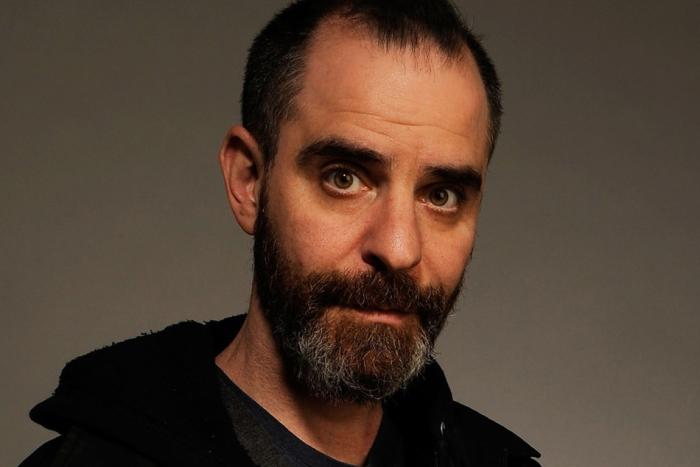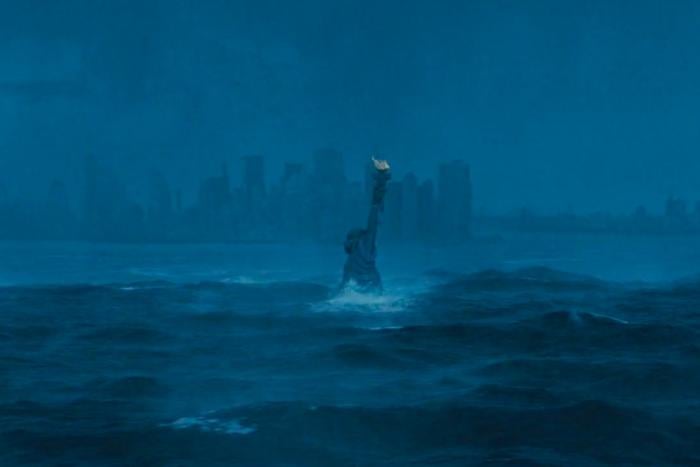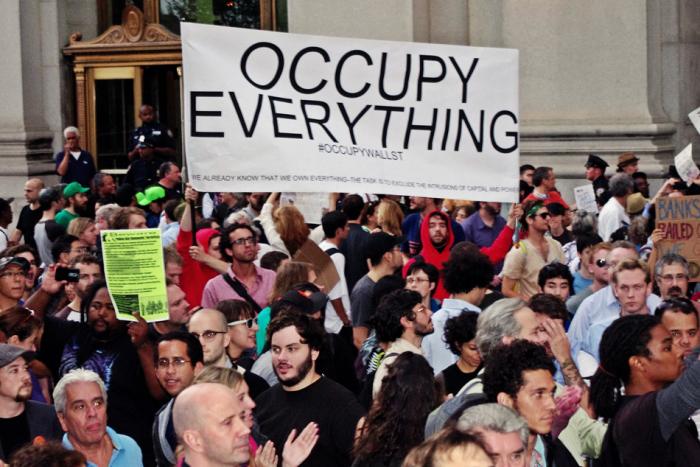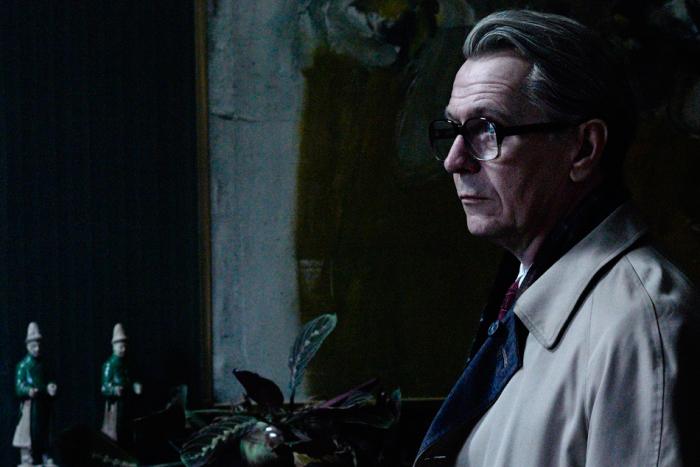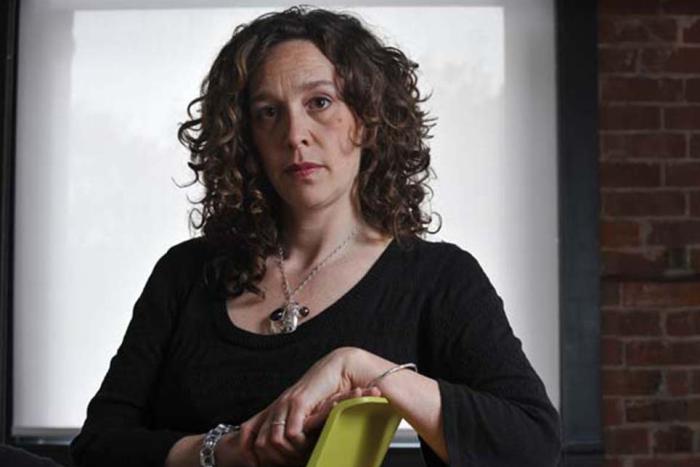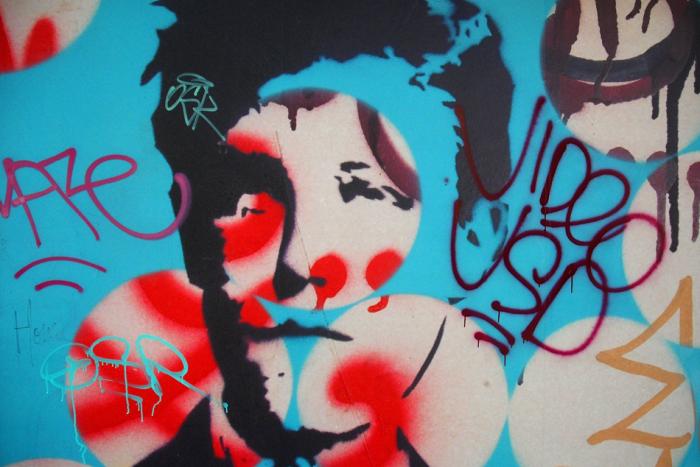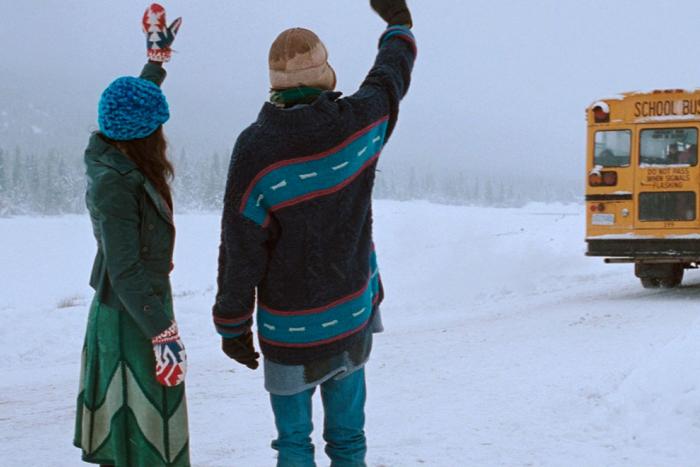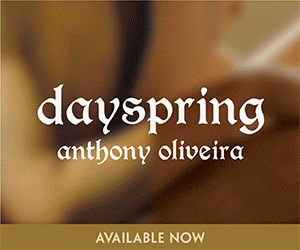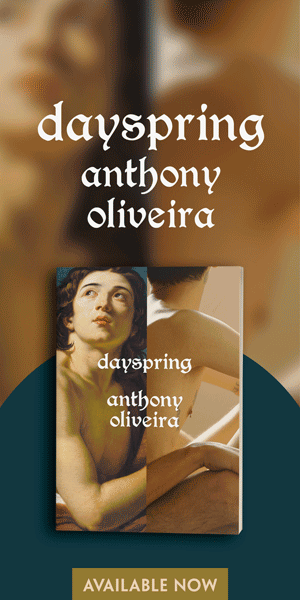Paul Theroux’s The Last Train to Zona Verde describes a visit to the South African slum of Langa. Obviously, “slum tourism” is exploitative and dehumanizing. But we can’t avert our eyes at poverty, so what is the right way to look?
Tangent
David Rakoff's Love, Dishonor, Marry, Die, Cherish, Perish is a novel in verse, a device which—while it may seem benign—can be a crystalline lens for the dark and absurd.
By the end of the century, several of the world’s major cities could be underwater; flooding and other catastrophes could make short work of the world as we know it. What are we doing about this?
In 2007, the author’s mother received a strange email from a relative she didn't know existed. We turn to DNA analysis in pursuit of who we are, out of narcissistic self-obsession, and, as Carolyn Abraham’s The Juggler’s Children shows, to feel less alone.
Two years later, it's still unclear what Occupy meant (or means). But as David Graeber's new book reminds us, maybe that's for the best—in both art and politics, ambiguity is a useful ingredient.
Data mining works for preventing credit card fraud; less so for foiling terror plots. How the NSA’s surveillance strategy might be less effective than that of the neighbourhood gossip.
Tzeporah Berman's life's work has been negotiating the impossible: finding room for compromise between eco-activists and logging companies.
Synesthetes are special individuals—just look at Nabokov or Billy Joel—but recent neuroscience shows that the ability to see letters or hear colours is not so removed from the way the rest of us perceive the world.
When terrible things happen, we like to believe that our suffering has an endpoint. But within the psychiatric profession, a faction—including Stephen Grosz, author of The Examined Life—believe "closure" is a myth, and maybe a harmful one.
Critics have lambasted Sheryl Sandberg’s Lean In for ignoring structural inequalities and putting the onus on women to propel themselves through the workplace. But Lean In is not a feminist text. It’s a self-help book.
Pagination
- Previous page
- Page 6
- Next page


